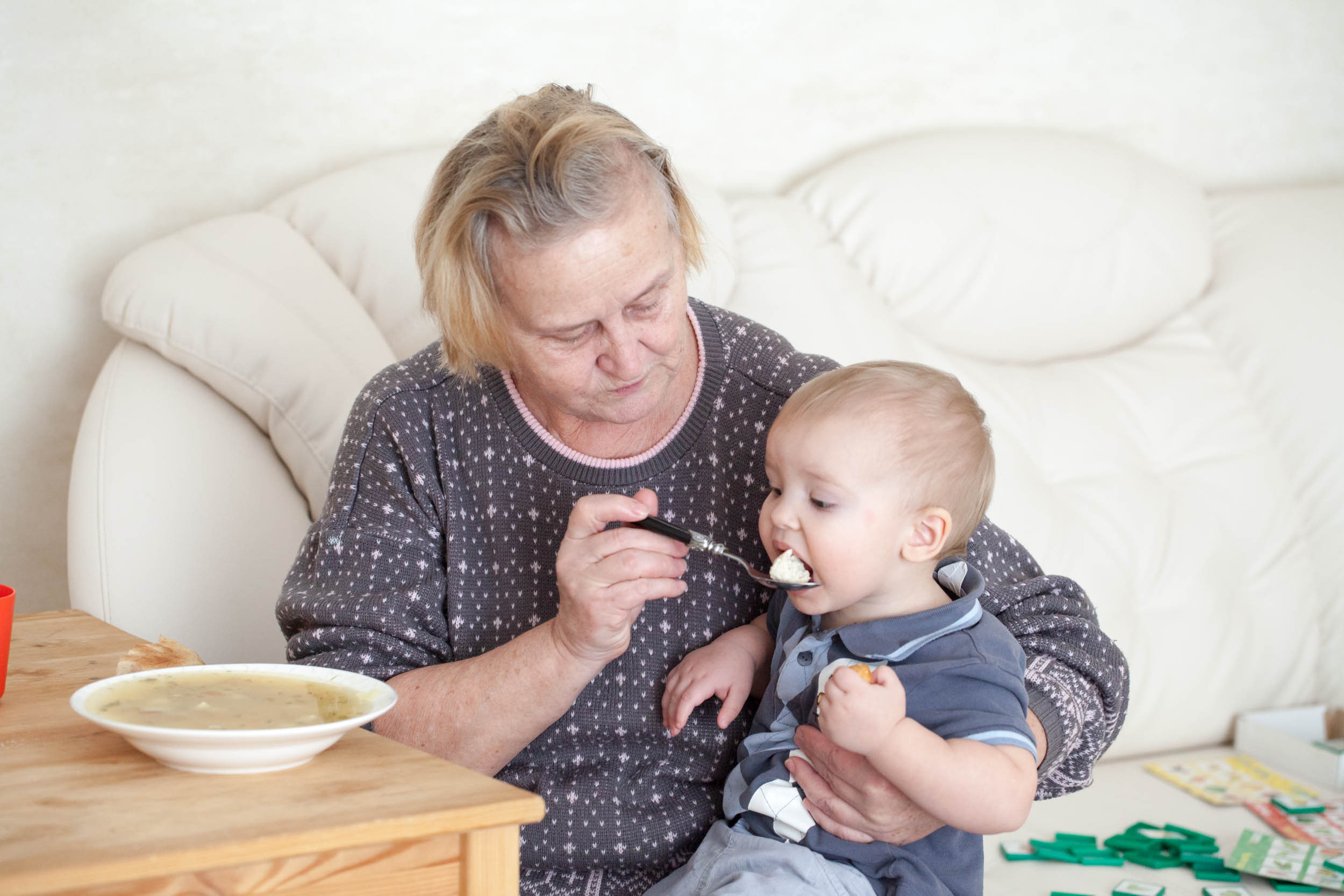Oneida Center for Rehabilitation and Nursing on What You Can Do to Limit Toxic Chemical Exposure in Baby Food
September 4, 2019

On the heels of a disturbing new study that found a whopping 95 percent of baby food contains one or more toxic chemicals, many parents and grandparents who care for children are left wondering what they can do.
The study tested baby food sold in the United States for chemicals like lead, arsenic, mercury, and cadmium.
Lead was found in 94 percent of the foods tested. All four heavy metals were found in 26 percent.
There is some good news, however. Studies like this have led to companies working to reduce these levels. According to the study, the amount of arsenic contamination is currently 37 percent lower in rice cereal and 6 percent lower in juice than it was a decade ago.
Arsenic is known to harm the developing brain and nervous system, along with causing several forms of cancer. Lead exposure can cause a drop in IQ levels, leading to lower academic achievement and problems with attention deficit and behavior.
The study documents five ways that caregivers can help reduce exposure to these toxic elements. Oneida Center for Rehabilitation and Nursing would like to share them here.
-
Snacks
One of the most popular snacks for babies are rice puffs. But snacks made with rice flour contain arsenic, lead, and cadmium. Choose rice-free packaged snacks instead.
-
Teething Foods
Teething biscuits not only contain many of these harmful materials, but they can also cause tooth decay. Something simple like a peeled and chilled cucumber or a clean, cold wet washcloth can be soothing and safer for the teething infant.
-
Cereal
The study says infant rice cereal is the top source of arsenic in the diet of an infant. When shopping for baby cereal, opt for non-rice and multi-grain varieties like oatmeal, corn, barley, and quinoa.
-
Drinks
Along with a high calorie and sugar levels, fruit juice does contain traces of these toxic chemicals. Water is always a better option for young children and get a pre-packaged pureed fruit like applesauce to go with it.
-
Fruits and Vegetables
Carrots and sweet potatoes contain, on average, a higher level of lead and cadmium than others. As long as these are a part of a mixed diet of vegetables, they are okay to serve in moderation.
To learn more about Oneida Center for Rehabilitation and Nursing and all of the services they offer, visit https://centershealthcare.com/oneida_center/.